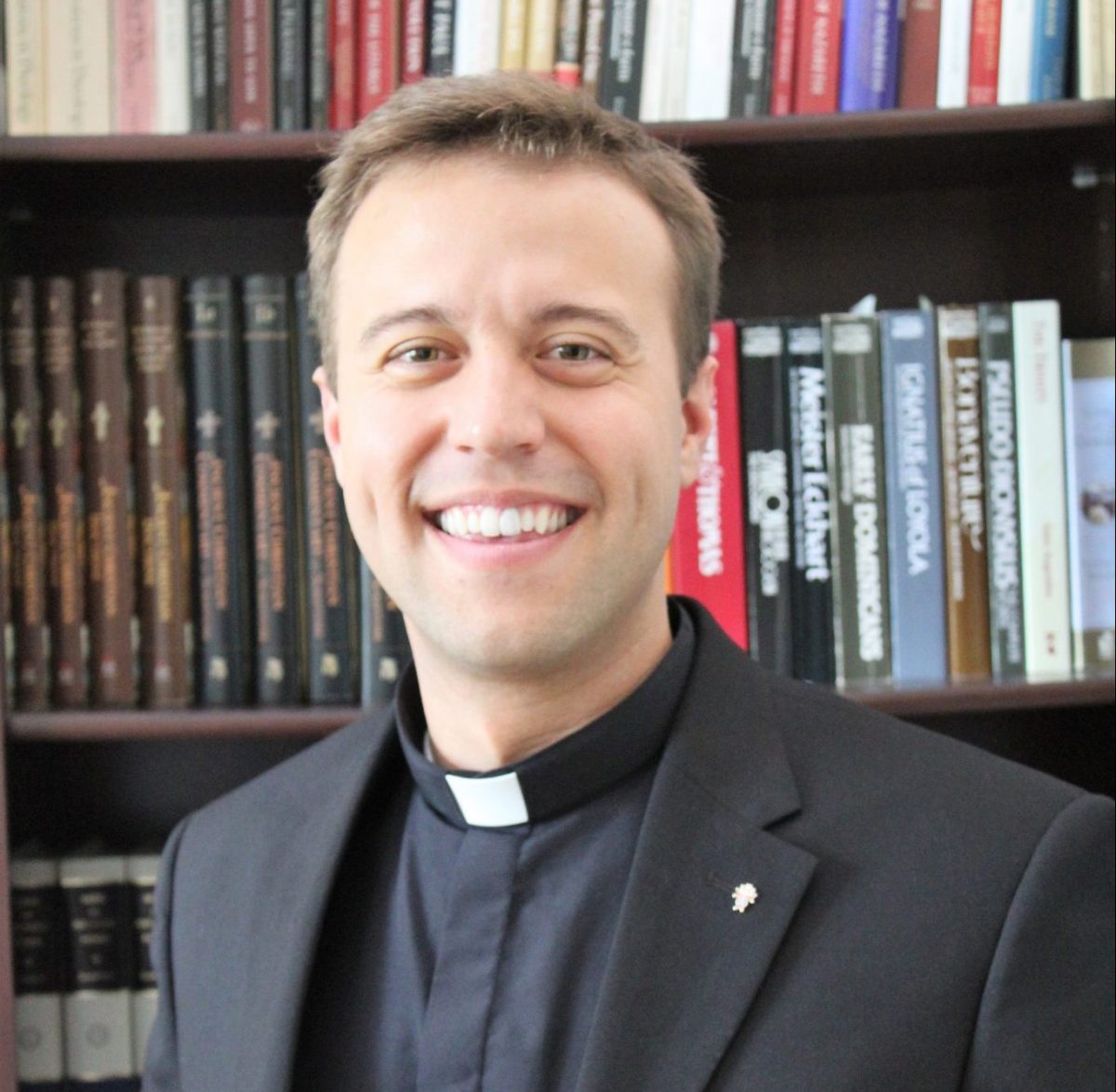The Catholic Church reveals and maintains the presence of Christ in the world. The papal office is part of this revelation. The role of the pope can be summarized as a three-fold mission: to unite, to preserve and to proclaim. Infallibility is essential to the integrity of these responsibilities. There is no greater way to unite, preserve and proclaim the Church than through a clear and articulate exposition of the faith. When it comes to the foundational teachings of Catholicism, we must all be on the same page or our ability to evangelize is compromised.
Neither the Church nor the popes take this responsibility lightly. Papal infallibility does not mean the pope is a fortune teller. He can’t prophesy the winning lotto numbers. To put it succinctly, the pope is not always infallible, only when he speaks ex cathedra (from the Chair of Peter). According to Pope Pius IX (cir. 1870), infallibility applies only “when, in the exercise of his office as shepherd and teacher of all Christians, in virtue of his supreme apostolic authority, (the pope) defines a doctrine concerning faith or morals to be held by the whole Church.” This has occurred only twice, and the teachings pertain to the belief in Mary’s Immaculate Conception (declared by Pope Pius IX in 1854 and grandfathered in after the First Vatican Council’s declaration of papal infallibility in 1870) and her bodily Assumption into heaven (declared by Pope Pius XII in 1950).
By Father Blake Britton, parochial vicar of St. Anthony Parish in Lakeland, August 17, 2022

